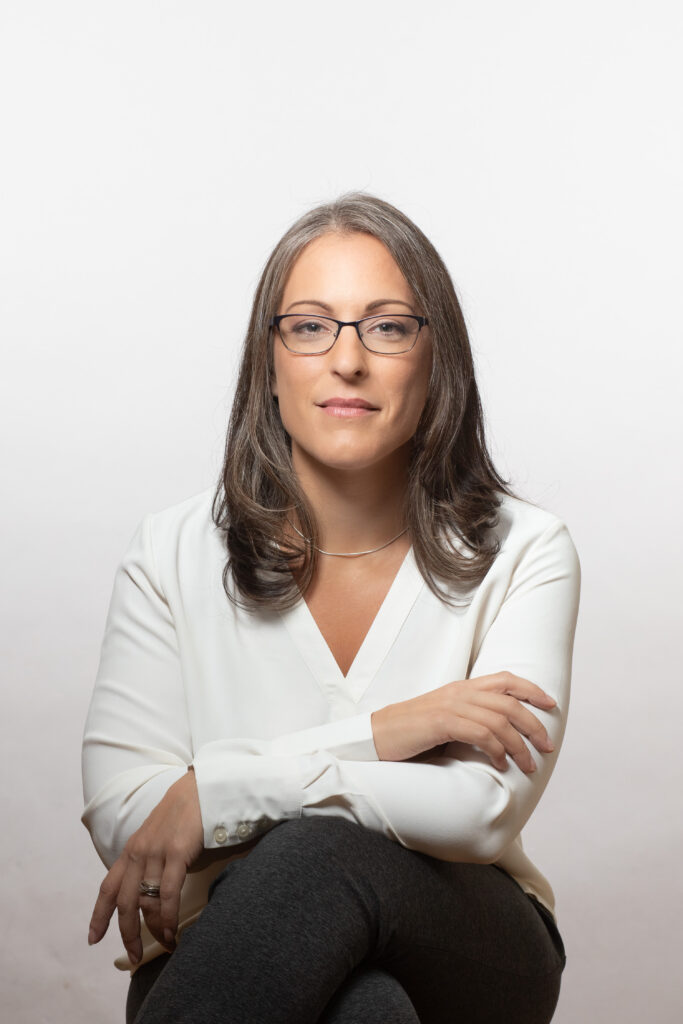 Elizabeth L. Cope, PhD, MPH, sheds light on the profound physical and emotional toll of a misdiagnosed and misunderstood health journey. Her story highlights the urgent need for a healthcare system that offers treatment and compassionate support. Through years of navigating stigma and mistrust, Elizabeth emerges as a fierce advocate for systemic change, fighting for a healthcare system that truly sees and serves those in need.
Elizabeth L. Cope, PhD, MPH, sheds light on the profound physical and emotional toll of a misdiagnosed and misunderstood health journey. Her story highlights the urgent need for a healthcare system that offers treatment and compassionate support. Through years of navigating stigma and mistrust, Elizabeth emerges as a fierce advocate for systemic change, fighting for a healthcare system that truly sees and serves those in need.
I was just a kid when I awoke from an appendectomy to find myself in excruciating pain. The doctor told me it wasn’t my appendix after all. He said I probably had a sexually transmitted infection (STI). The problem was that I was a virgin. Too bad he had already shared this with my parents. I left that hospital with unanswered questions and unexplained shame.
And so began a long and arduous diagnostic odyssey that would be characterized by medical gaslighting and misogyny. The resulting self-doubt and distrust would not become apparent until much later. Years of infections, pain, surgeries, and missed school and events would pass before receiving the correct diagnosis. I would be interrogated about my sexual activity despite my protests and negative tests. I would be placed on antidepressants because doctors declared my symptoms psychological. I would be told my symptoms were part of “being female” and that I needed to learn how to cope like everyone else.
Meanwhile, my symptoms were getting worse, and trips to the emergency room were not infrequent. Sometimes, I would lay on the bathroom floor asking for relief in whatever form it might take. Imagine some of your darkest hours being met by doctors saying things like, “We can’t help you if you refuse to tell the truth.”
And so I wandered through a health system that made little sense and felt isolated, uncertain, and unseen. It had been years since my appendectomy, and I was no closer to answers. The only diagnoses I had received were that I was a liar, I was hysterical, and I was weak.
I could feel the doubt—from my doctors, my family, my friends, my teachers, myself—and I questioned my senses. I only stumbled out of this nightmare by chance. A new doctor finally listened to me—heard me. For the first time, I woke up from surgery in less pain than when I went in. She told me I had severe endometriosis and that I should decide if I wanted a hysterectomy. I was 19. There was no science to tell me what to do, and those around me either couldn’t relate or were too lost in their own journey to help me navigate mine. This decision would affect the rest of my life, and I had to make it alone.
But I did. I learned about the disease. I partnered with my doctor to fight others in her practice who questioned my ability to make the decision. And I decided the possibility of a better life was better than the certainty of a life not worth living—a decision not entirely supported by my family. So, I had a hysterectomy, and I have no regrets. This experience taught me about the power of knowledge, the power of voice, and the power of partnering with champions inside the system—what it means for patients to be empowered and for care to be patient-centered.
I wish the story had ended there. It would be so satisfying. I may not have had regrets, but I did have fears, fears that kept me from those lessons. When making my decision, I requested all of my medical records so that I could be fully informed. I was not prepared for what I would find—notes from surgeries that documented the presence of adhesions throughout my abdomen, and notes exchanged between doctors who described me as unhelpful and uncooperative. If, at times, I had felt pre-judged by new doctors, it’s because I was.
The sense of betrayal was profound. This was not the failure of one doctor who missed a diagnosis. This was systematic invalidation. We are told this system exists to help us. We are told this system is operated by people who care and take an oath to do no harm. But I was harmed. My experience led to years of medical mistrust and more than a decade of healthcare avoidance that almost killed me. Had my husband not taken me to the emergency room on my 35th birthday, quite literally against my will, I would not be here today because of something entirely treatable.
It was here that I finally saw the effects of my earlier experience. And here I chose to turn pain into purpose. Our health system is broken, and it can be most broken for those who most need it to work. We seek health care to heal our trauma, not inflict more of it. We need a system that sees us as people and supports us when we’re facing our most difficult challenges—a system that not only delivers services but one that delivers care.
And so this is why I fight, and why I relish my collaboration with the Center. This work is about creating a system that sees the unseen and gives voice to the voiceless. When we get there, the system will be just. The system will be trustworthy.
###
Elizabeth L. Cope, PhD, MPH, is Vice President of Health Systems Improvement at AcademyHealth and Center Economic Impacts Steering Committee.